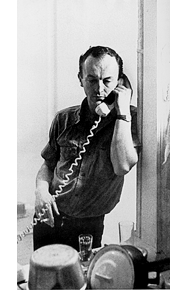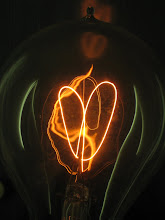Since that moment, I made a special point to revisit Ibsen after all these years. I read A Doll's House in high school and though it didn't leave a bad taste in my mouth, it wasn't particularly memorable either. This was redemption, I thought. A resurgence of my ancestry in works of art that I can now appreciate. I picked up a used copy of Ibsen's plays containing Hedda Gabler and began it with great anticipation.

Redemption didn't last long and I soon remembered Ibsen remarkably as I had 12 years ago. Maybe I didn't give it enough of a chance since I was reeling from the Jeopardy build-up the way teenagers do summer blockbuster movies. Is she miserable yet? When does the affair get revealed? Is she breaking down? When is the suicide?
Are we there yet?
I was mostly overwhelmed by the over-theatricality of the thing. Look, I know it's a drama and I'm a prose scholar, but there was something particularly overly projected and calculated that made it difficult to become invested in. It's sparse development made what little action that occurred jarring and a bit vacant. In addition to that, there was very little detail to the characters that I needed to carry me through the plot points.
It seemingly missed the style of the time, the mystery and intellectual prowess of Austen or Wilde's women and left Hedda no more than a hollow frame of a woman with some kind of intellect that is never demonstrated or founded apart from minute mentions of it with Ejlert.
I wanted the drama, the tempestuous struggle between former lovers and sordid pasts. I wanted her to navigate between the men, to assume her power as a woman and have some sense of self rather than be a sketch of a wife and former lover, a pinball character who never departs or arrives in any act. No real past or future.
But perhaps that's the point Ibsen is trying to make. Domestic purgatory, anyone?
People say Hedda is like a female Hamlet. I don't know. She doesn't expose any depth, any real sense of autonomy besides allowing people to sit and talk with one another, and though Ibsen suggests these things, she never really gets things moving the way Hamlet did with the death of Polonius, The Mousetrap or the duel with Laertes. That's more than a difference of power between men and women, methinks.
Or maybe it was just lost on me. But damnit, I'm Norwegian. It should be in my blood. Guess I'll go on eating my lefse and avoiding holiday Lutefisk with the love and admiration of a cultural significance I understand.



No comments:
Post a Comment